Below is an open statement in support of the Coalition to Save UC Townhomes that was written by The Ubuntu Center on Racism, Global Movements & Population Health Equity.
The sale and demolition of the UC Townhomes in University City and the looming dispossession of families from the 70 units on the property in the middle of an ongoing pandemic and economic crisis is egregious and inhumane. It is not only a violation of human rights rooted in the city’s legacy of institutional and structural racism, but it is also a threat to the health and wellbeing of the residents that will have lasting, intergenerational impacts. The Ubuntu Center on Racism, Global Movements & Population Health Equity stands in solidarity with UC Townhome residents, activists, and organizers and urges Drexel University, the University of Pennsylvania, and other institutions in University City to demonstrate, through action, their commitments to antiracism by ensuring that UC Townhome residents have access to a safe, healthy, and stable housing environment.
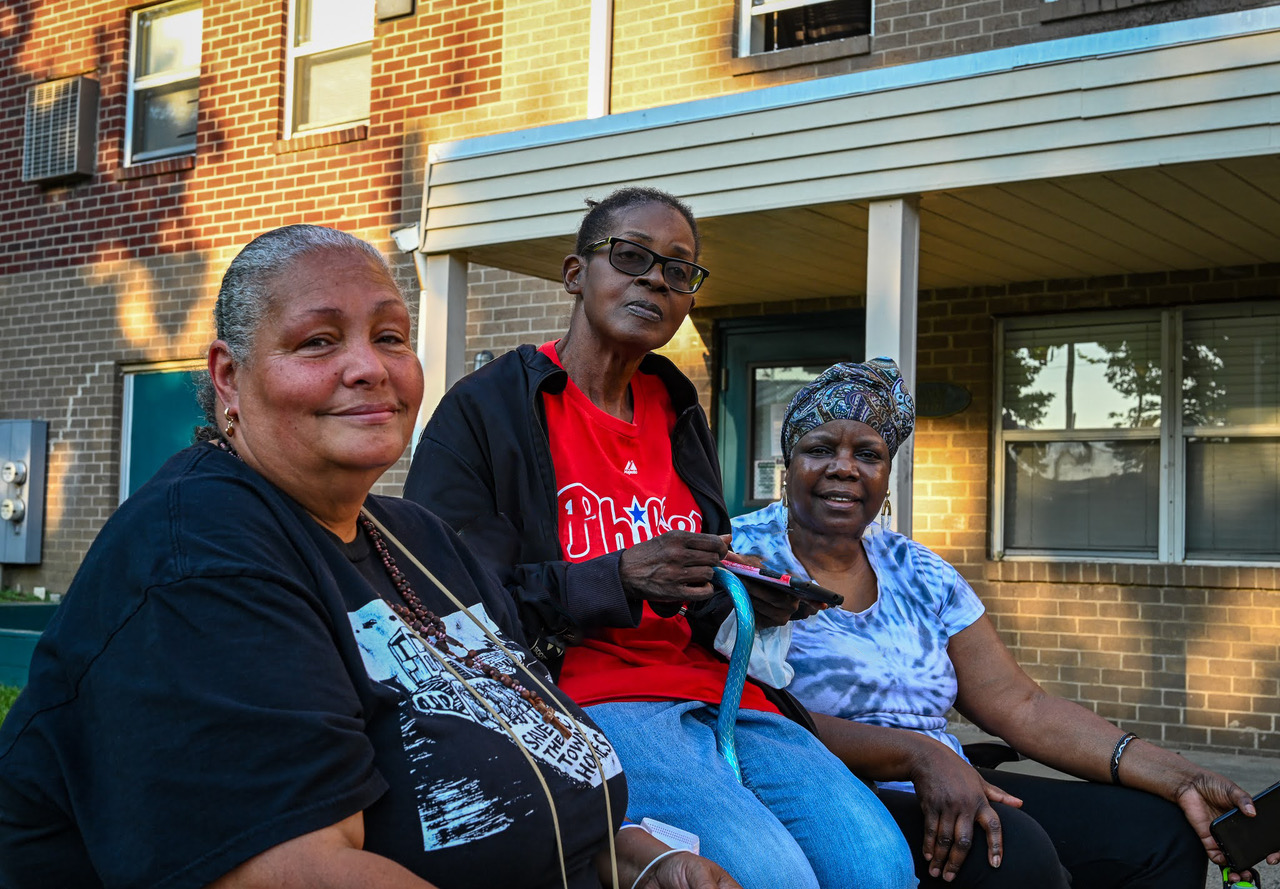
A Legacy of Institutional and Structural Racism
The UC Townhomes were established in response to widespread forced removal in the late 1960s of mostly Black residents of the neighborhood known as the Black Bottom. To make way for the expansion of Drexel and Penn’s campuses, the Philadelphia Redevelopment Authority invoked eminent domain to seize and bulldoze homes and businesses, clearing lots that were then sold to Drexel and Penn at well below their market value. The Altman Group/IBID later purchased the property that would become the UC Townhomes to build affordable housing and paid just $1. Recently, the Altman Group/IBID decided not to renew their affordable housing contract with HUD, perpetuating the legacy of racist institutional practices and harm.
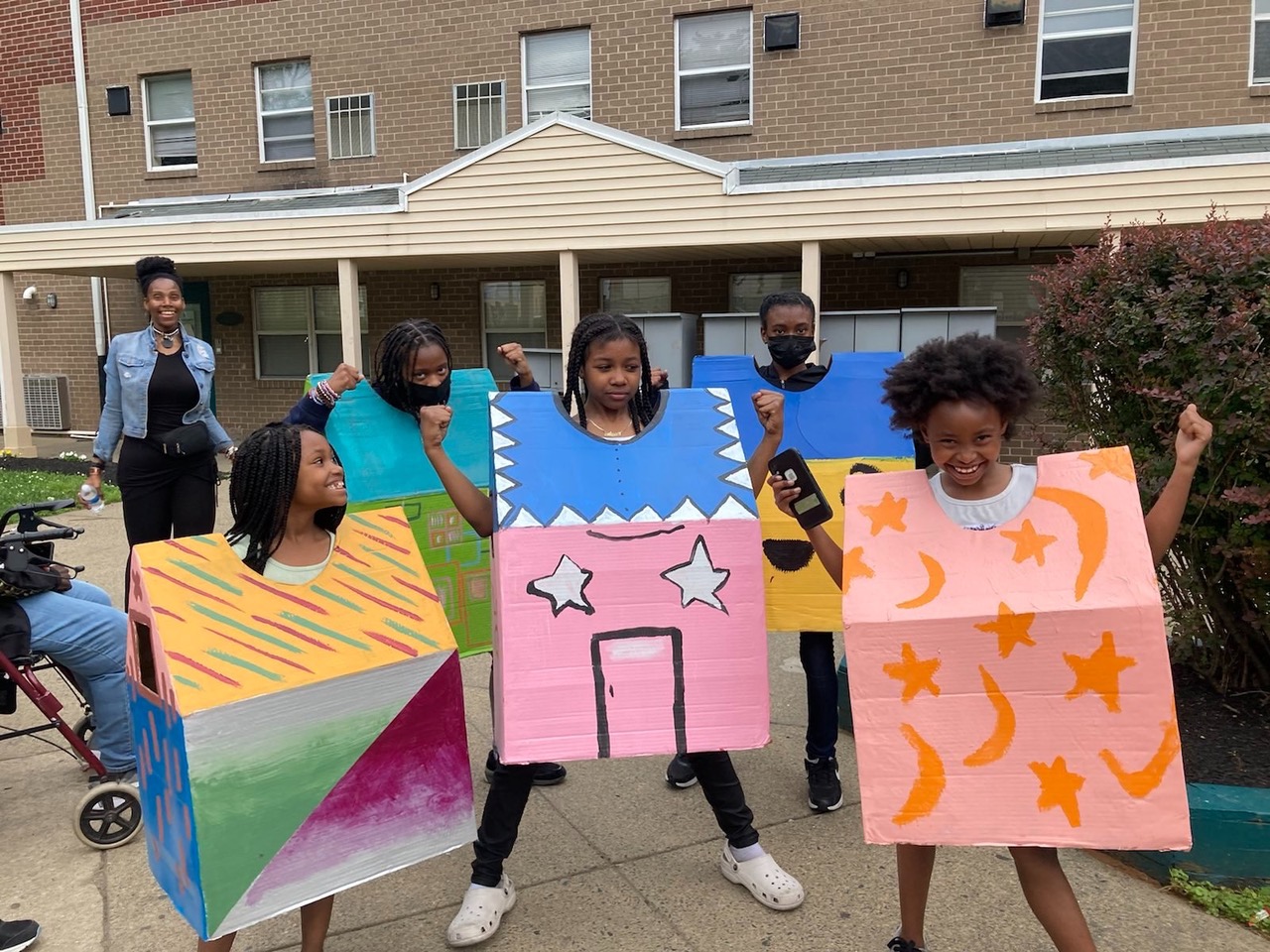
A Violation of Human Rights
Housing is a fundamental human right, and not a commodity, that should be accessible to all people. The United Nations outlines minimal criteria for adequate housing including secure tenure, availability of services, affordability, habitability, location, and cultural adequacy. The looming demolition of the UC Townhomes violates these minimal criteria and will leave residents with limited options to secure safe, affordable housing in the city. Housing in University City is now largely unaffordable to current Townhome residents, who have persistently advocated for their right to remain on the land. In Philadelphia, nearly 50 percent of Black households are cost-burdened, paying over one-third of their income towards housing costs. West Philadelphia is among the areas of the city that has experienced the largest increase in cost-burdened households, well above the citywide average of 40 percent. Displacement of UC Townhome residents will also disrupt access to critical services and resources necessary for health and wellbeing including public transportation, grocery stores, and schools.
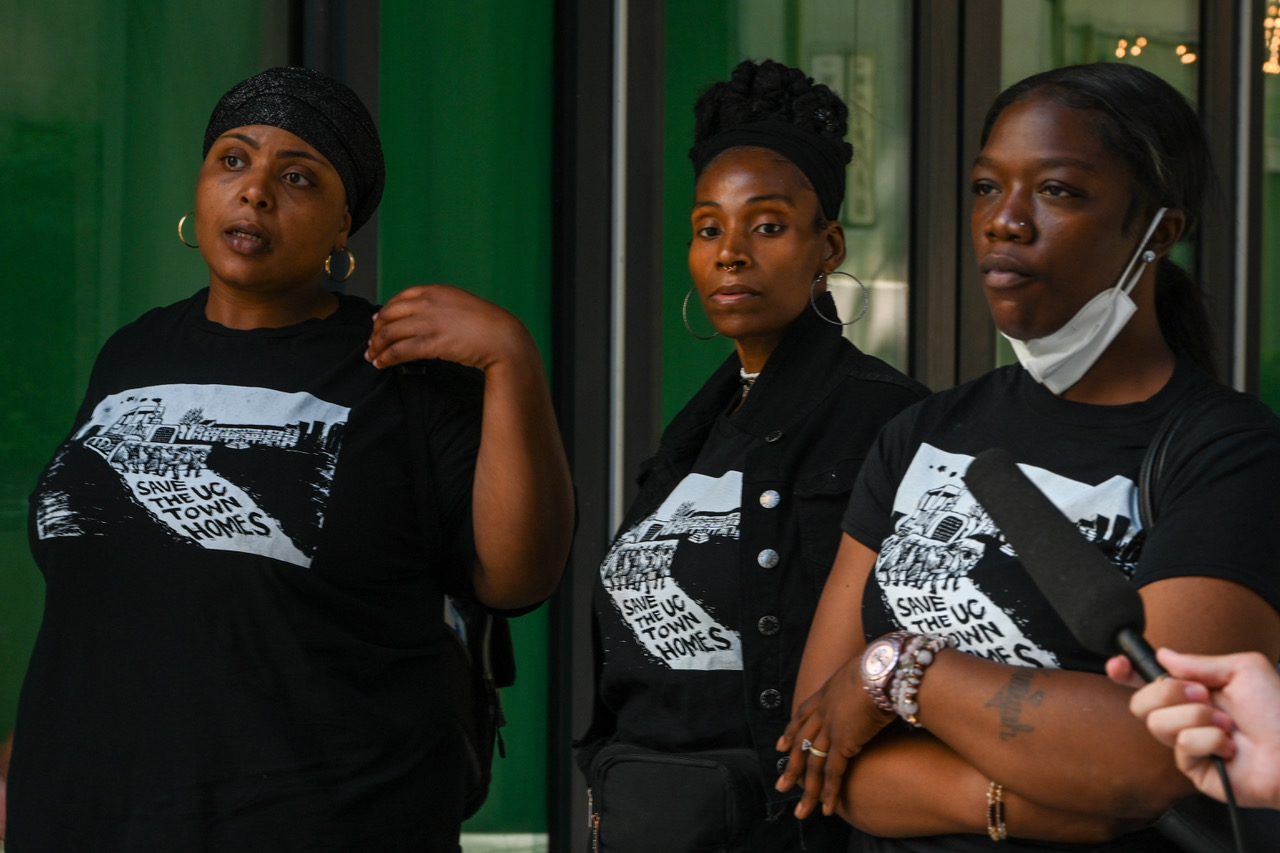
A Threat to Health
Healthy and safe housing is also a core component of the right to health. Without swift action, residents of the UC Townhomes face serious challenges to their health, wellbeing and livelihoods. We know from a sizable body of research that the threat of eviction is adversely associated with depression, anxiety, psychological distress, and suicide. UC Townhome residents have shared that they are already experiencing many of these challenges. In addition to the mental health consequences, housing displacement can create instability in other areas of one’s life, including employment and education. One study found that low-income renters who were forced to leave their homes were more likely to be laid off. The stress, stigma, and financial implications of experiencing eviction can have long-term health and socioeconomic consequences for both children and adults.
Eviction can also be profoundly disruptive to one’s healthcare—as will be the case for elderly and disabled residents of the UC Townhomes that receive care from the hospitals in University City if no immediate action is taken. One study found that experiencing eviction in the last 6 months was associated with 63% higher odds of losing Medicaid coverage and fewer pharmaceutical prescription fills. This study also found that those who maintained their healthcare coverage after being evicted needed more expensive acute healthcare. With new COVID-19 variants emerging and cases and hospitalizations on the rise locally and nationally, the potential risk to UC Townhome residents during this ongoing public health crisis cannot be ignored. There is evidence that COVID-19 eviction moratoriums provided temporary relief from many of the challenges stated above and helped to reduce community transmission of the virus. But the lapsing of eviction moratoriums resulted in an estimated 433,700 excess COVID-19 cases and 10,700 excess COVID-19 deaths which have only increased since these estimates were last updated in September 2020.
Honoring Our Shared Humanity
On a fundamental level, the looming dispossession of UC Townhome residents is a much deeper issue of whether institutions and decision-makers with power and resources in the city of Philadelphia will choose to honor the shared humanity of all individuals and communities. This issue calls into question whether the lives and livelihoods of the residents who have lived in UC Townhomes for decades are truly valued and whether or not those in power will treat them with the dignity and respect they deserve as citizens of this city.
What is happening to UC Townhome residents also calls into question institutional commitments to antiracism that have occurred over the past few years. If these commitments hold true, Drexel University and the University of Pennsylvania must cease the continued displacement and dispossession of low-income, Black communities in University City. Without concrete actions, institutional commitments to antiracism remain at a superficial level. But by making material commitments to securing housing for UC Townhomes residents in the short-term and developing long-term institutional policies and practices that stop displacement, Drexel and other institutions have the opportunity to reckon with their individual and collective roles in the dispossession of Black communities in University City and can begin to redress past harms. This kind of bold action would set an example for how institutions in the city and around the nation can actively join in the fight for true housing justice.
In the spirit of solidarity, we therefore stand with the residents of UC Townhomes in their requests for the assurance of their fundamental right to housing and health and fully support their demands, which include:
1. An immediate halt to the sale and demolition of the UC Townhomes and that it be made 100% permanently and deeply affordable
2. Make immediate repairs to address unsafe and unsanitary conditions in the housing complex
3. If forced to leave, give residents 2 additional years to secure affordable housing including acquiring housing vouchers from HUD
4. If forced to leave, provide $500,000 financial compensation per family to purchase new housing in University City
We urge Drexel University administrators and other institutions in University City to do the same.

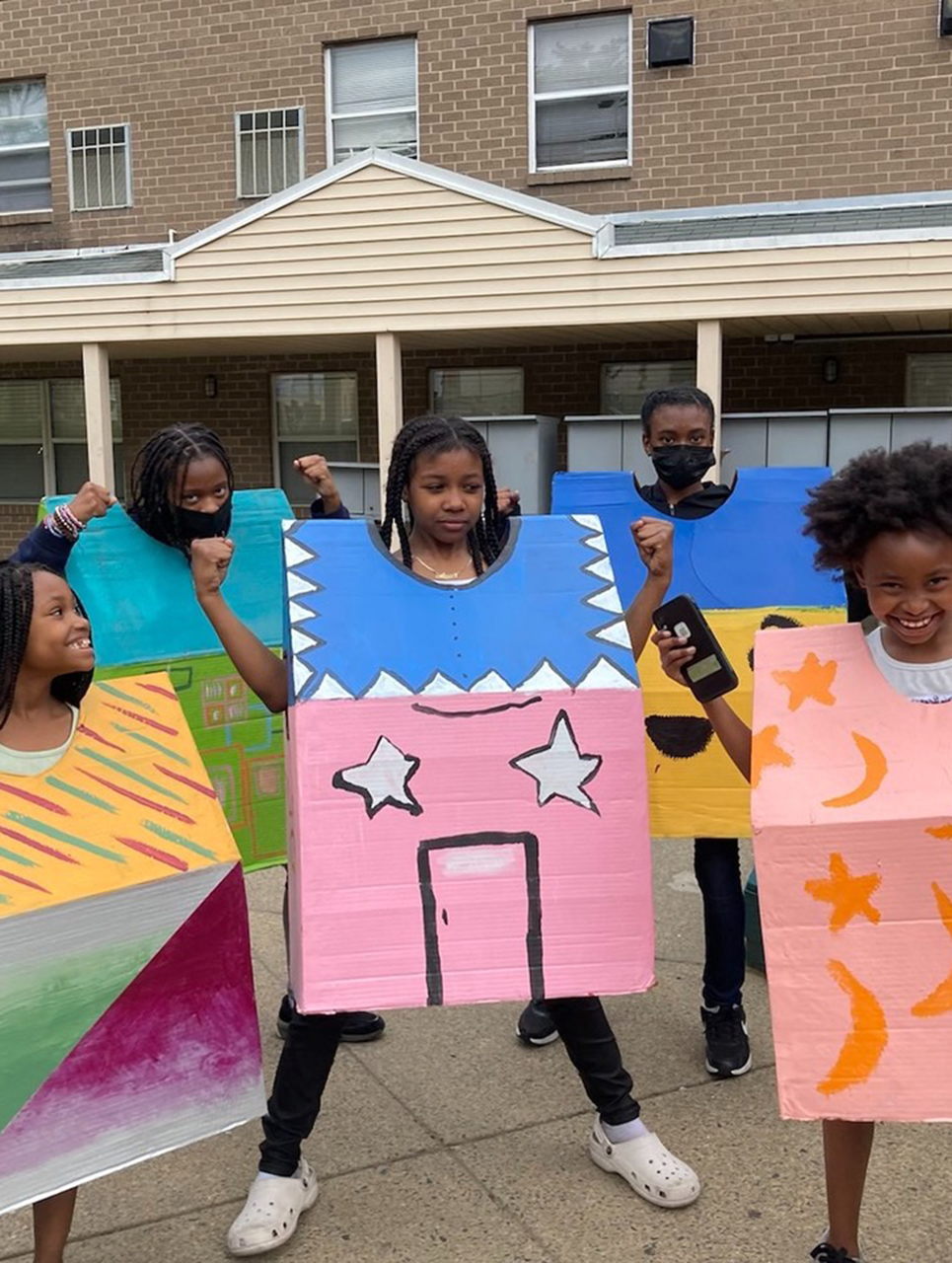
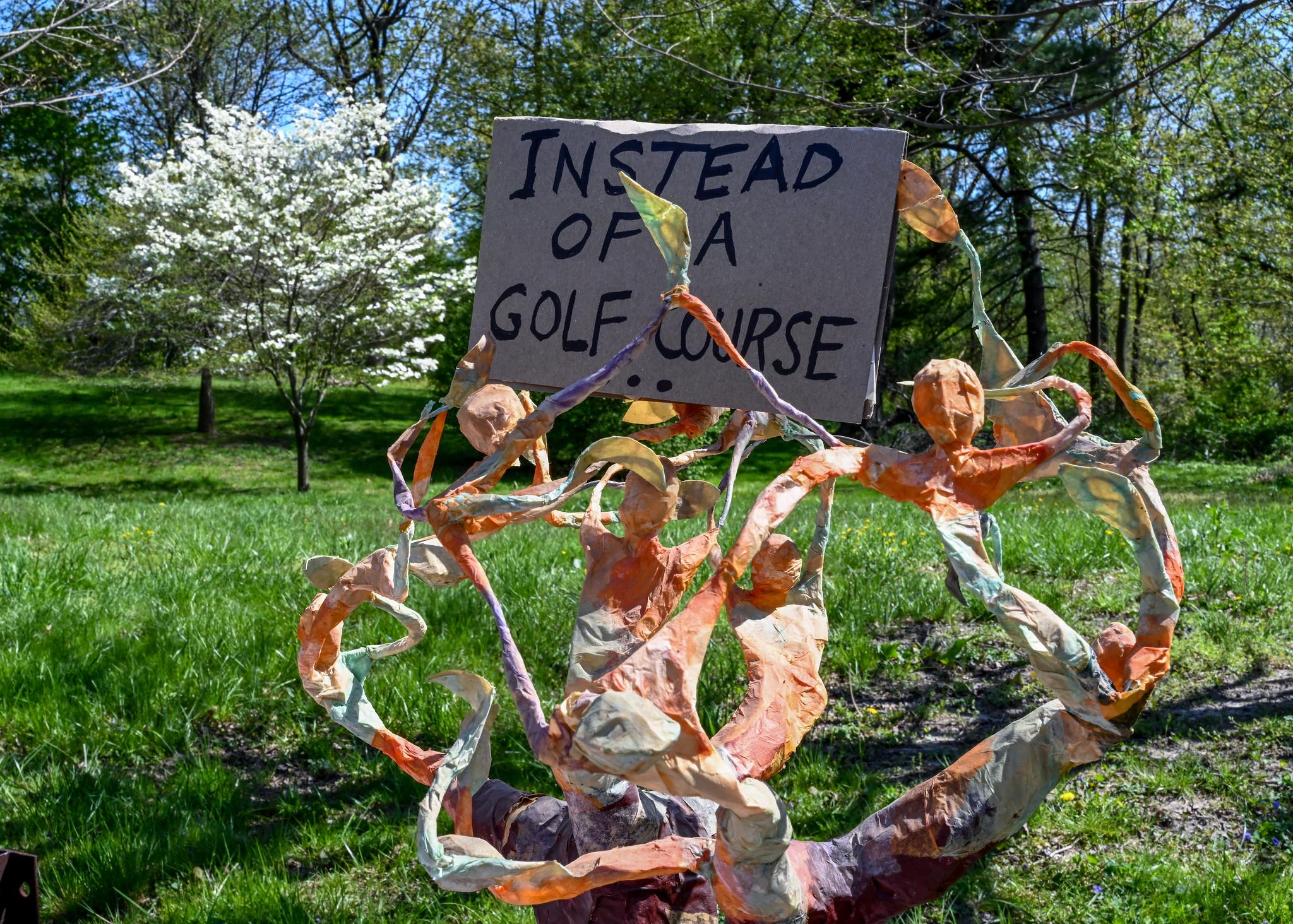
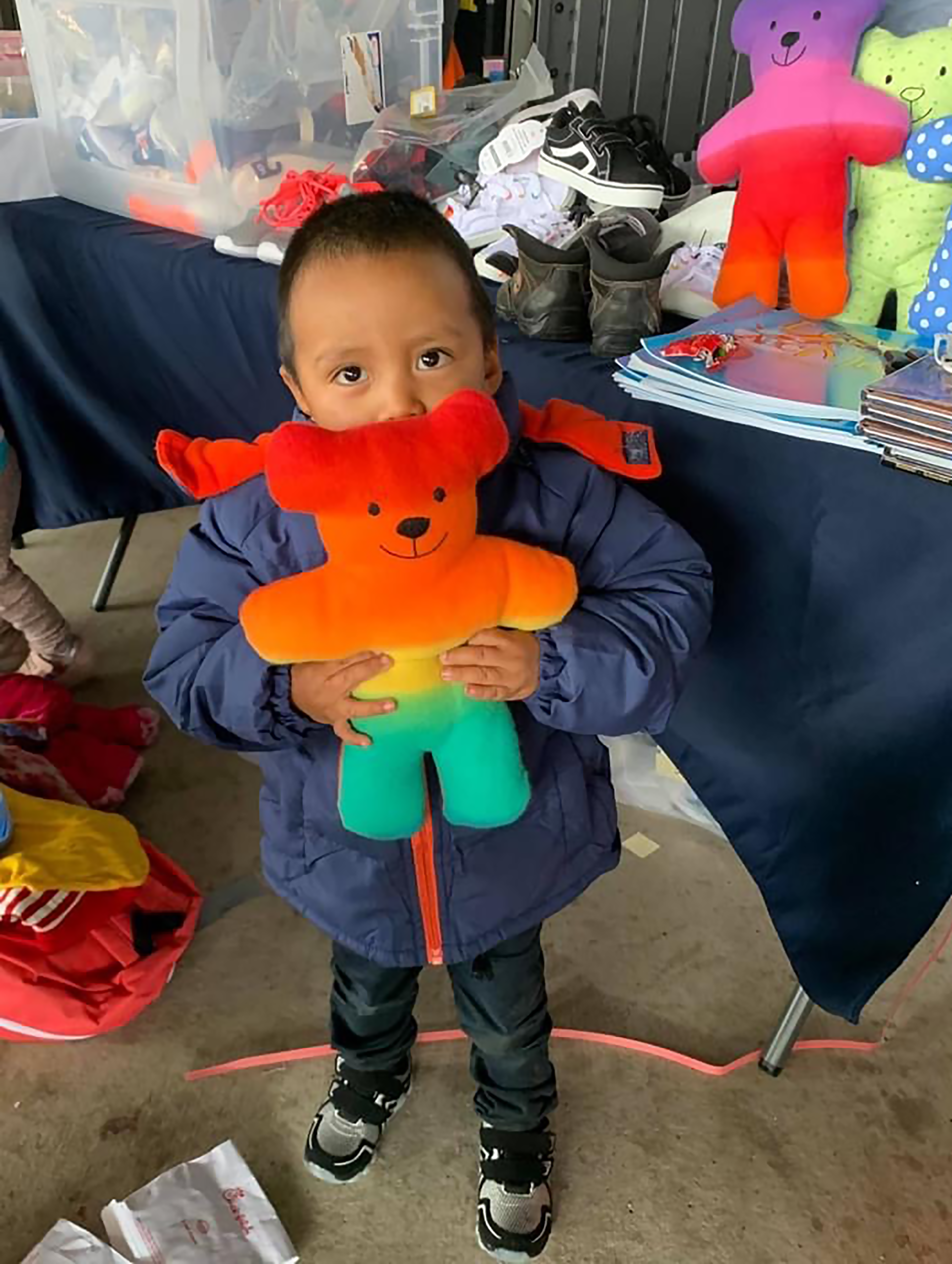
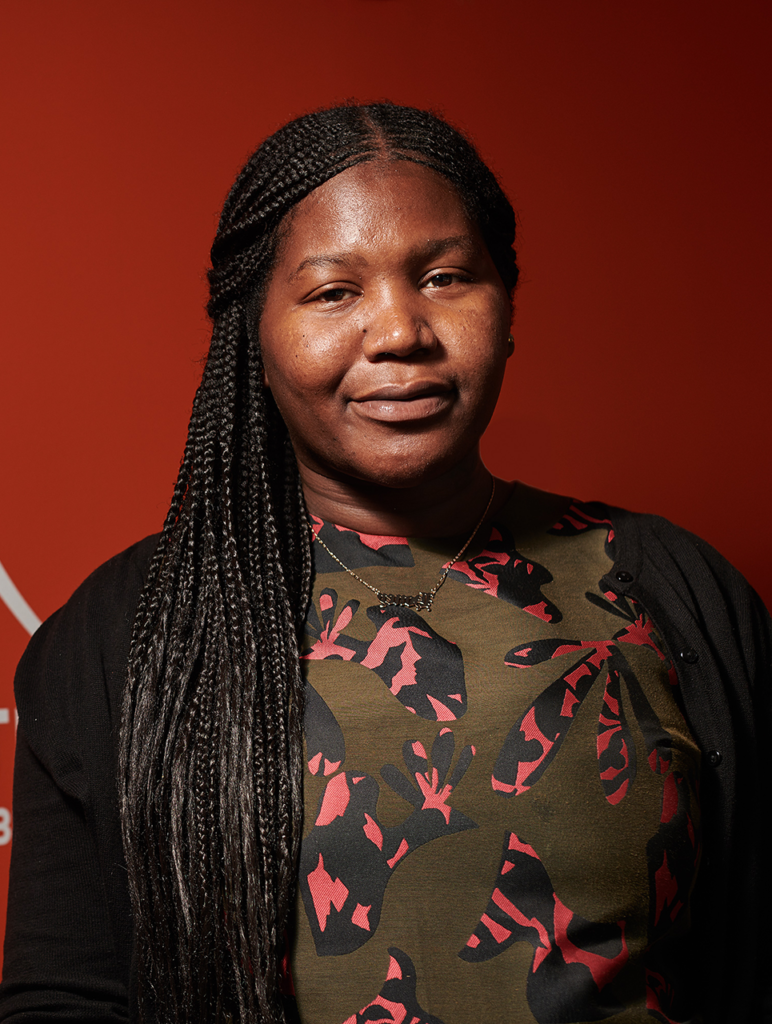
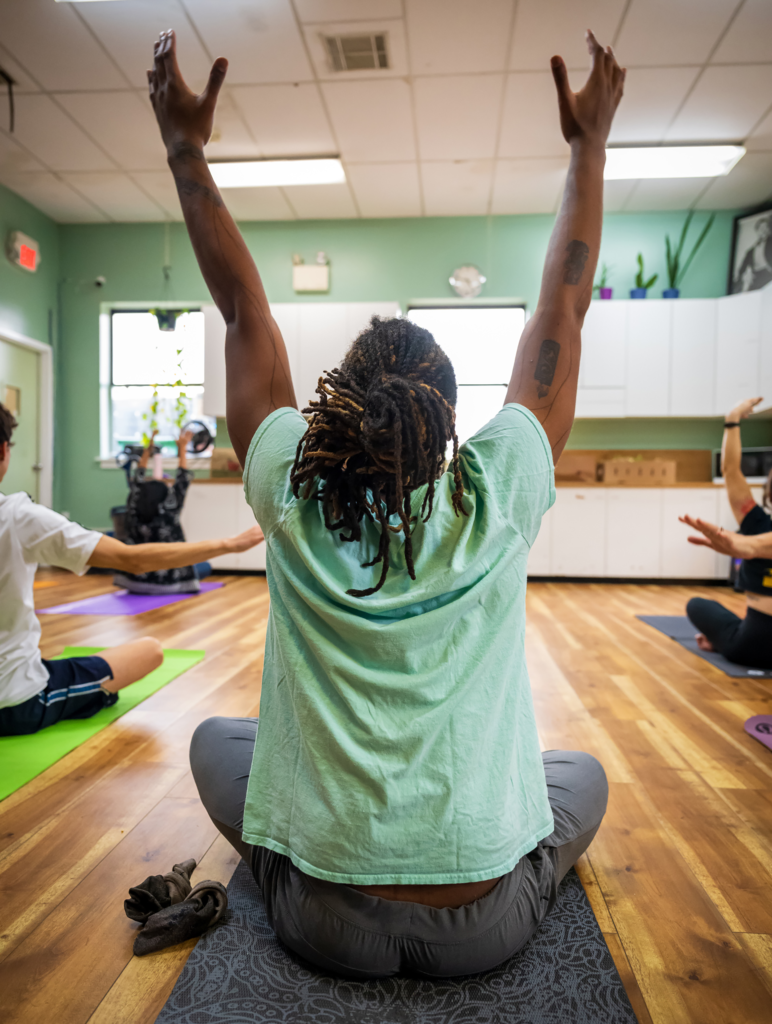

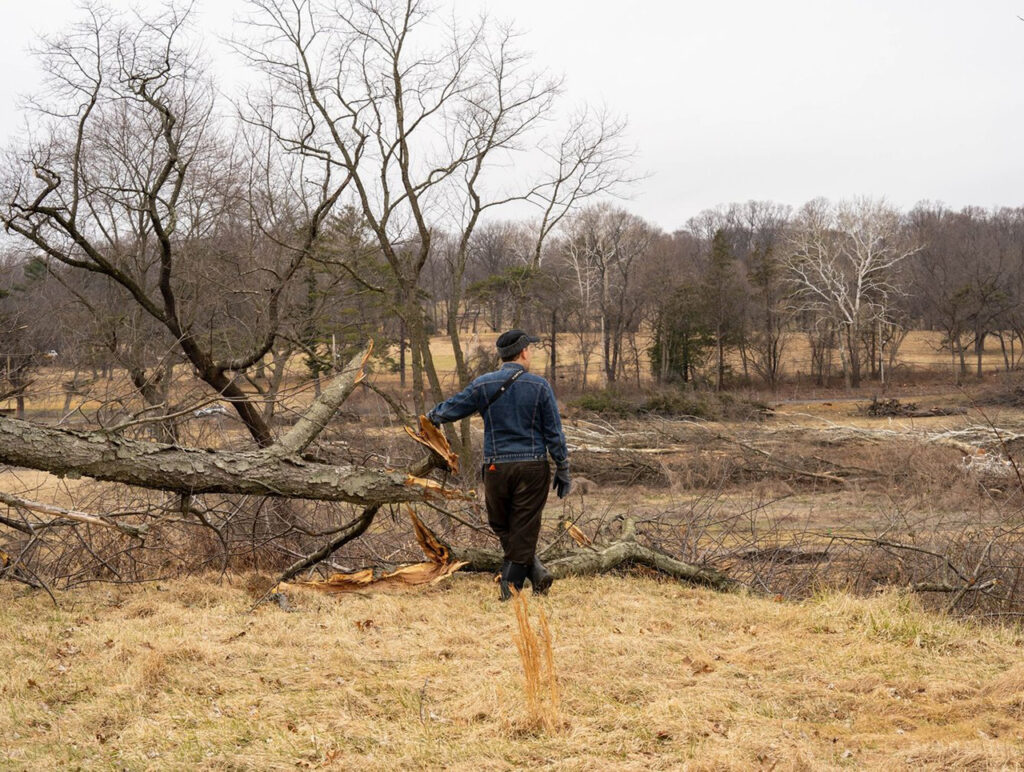
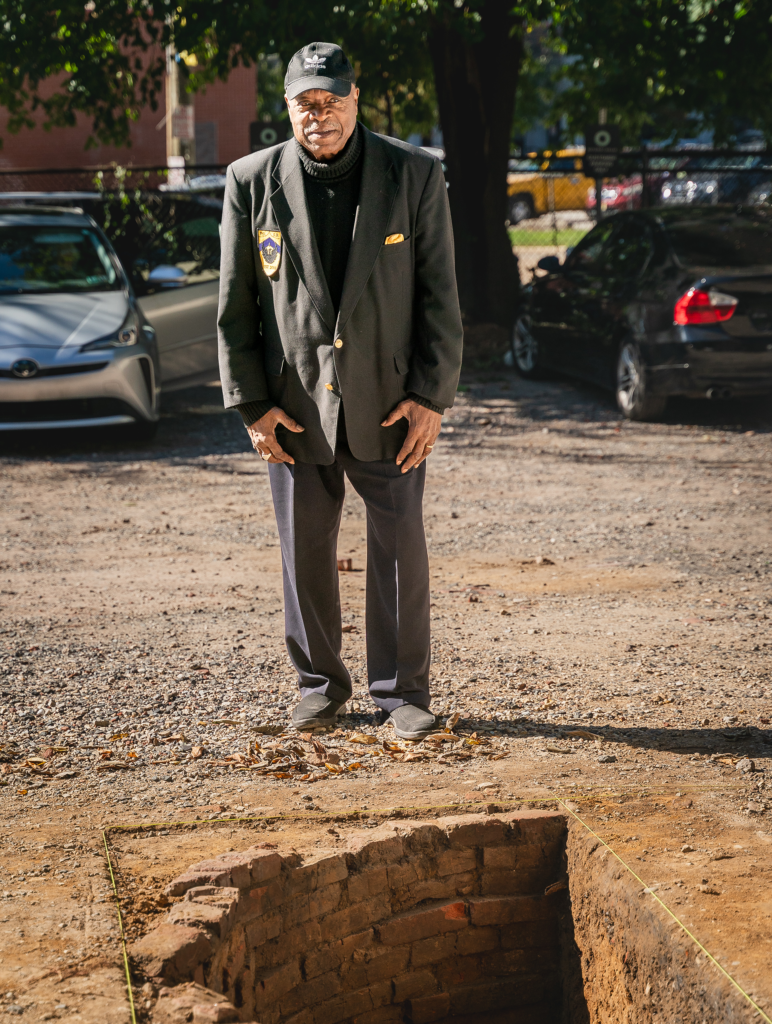
As a University of Pennsylvania alumnus- class of ‘71, this offends and upsets me on so many levels. These people should not be forced to move. While I don’t understand the ownership issues, HUD should resolve this so people can stay. How many times can people be forced to relocate because they “no longer fit in” to changing demographics or clash with the desires of big institutions? I myself live in an unsubsidized apartment on a fixed income. I current pay 60% of my income on rent excluding utilities!! Until Philadelphia and the nation deal with poverty, the shameful minimum wage, inadequate social security, welfare and disability payments, people will need various types of subsidized and affordable housing. It is, as stated in the letter, a basic and most fundamental human right.